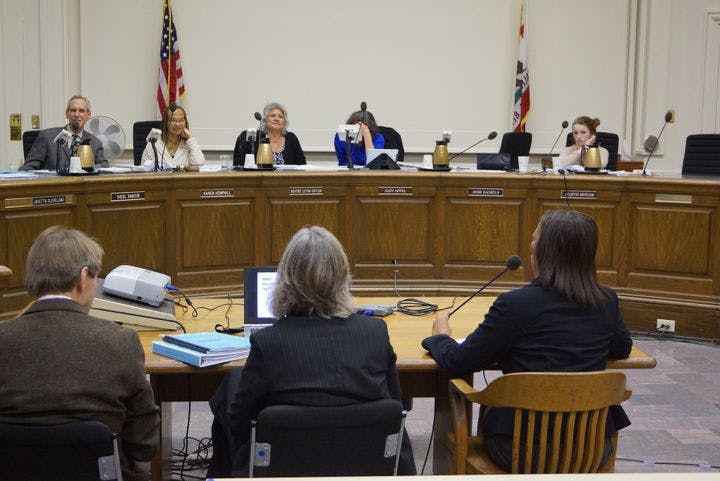Winter 2009
The Local Government Colossus
– The Wilson Quarterly
State governments think it makes sense to consolidate local governing bodies, but at the local level the benefits seem abstract and largely unproven.
New York City has 1.1 million pupils in a single school jurisdiction. The entire state of Maine has only 200,000 students in 290 districts. Last year, Democratic governor John Baldacci and the Maine legislature required that school boards consolidate. The goal was to reduce their number to 80. It’s been a tough sell.
Maine is only one of a number of demographically challenged states to promote consolidations among its school districts, townships, counties, villages, cities, and library boards. Indiana governor Mitch Daniels, a Republican, has proposed doing away with township government, slashing the number of library districts, and forcing school district consolidations. New Jersey governor Jon Corzine, a Democrat, has proposed eliminating state aid for towns with fewer than 5,000 residents. New York and Ohio are looking at similar proposals. Iowa tried to push consolidation but failed. Nebraska and Arkansas merged school districts, but only after years of fighting.
From the vantage point of the state capitals, the hundreds of small governmental units scattered across the land are inefficient, unwieldy, and confusing. State officials in Maine believe that school consolidation alone could save $36 million as larger districts more efficiently employ a single superintendent, special education coordinator, or even art teacher or computer lab. But at the local level, the benefits seem abstract and largely unproven, the drawbacks, real and personal. Indiana’s effort to eliminate townships, for example, would retire more than 5,000 officials, all popular enough to get elected, often over and over again.
A tense debate is under way between states and localities, writes Josh Goodman, a staff writer for Governing, over what local government should look like. The local pride that comes from having your own school district or township isn’t worth the higher taxes that result from inefficient or duplicative services, say many state officials. But any possible savings from consolidation aren’t worth the cost of losing control of your own school, tax assessor, or emergency rescue unit, say many residents.
Given fierce opposition to mergers, almost all states have offered both carrots and sticks. Maine extends logistical assistance to school districts to work out consolidations. Indiana wants to create a state office to provide technical assistance to local governments. In the push for marriages of convenience between governments, most localities need prenuptial counseling to make them work—and a few financial handouts don’t hurt either.
THE SOURCE: “Attempted Merger” by Josh Goodman, in Governing, Nov. 2008.
Photo courtesy of the Berkeley Unified School District
